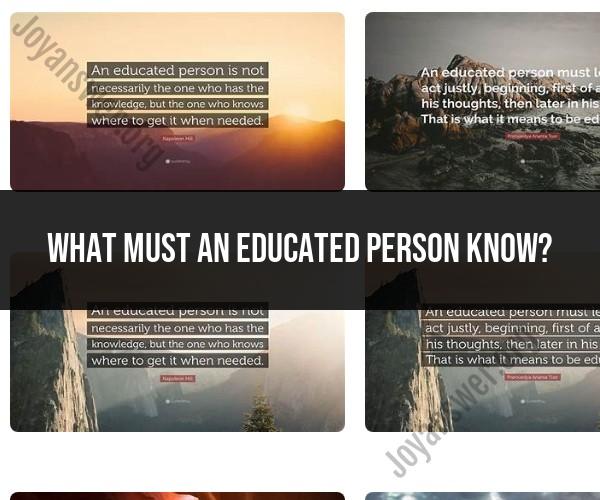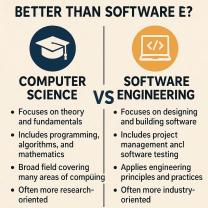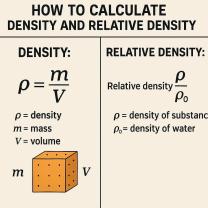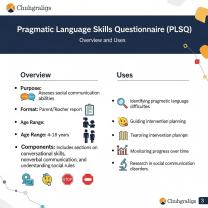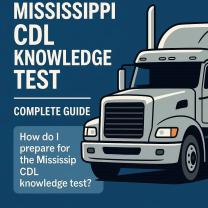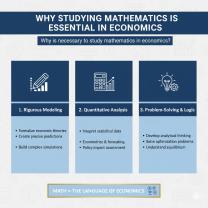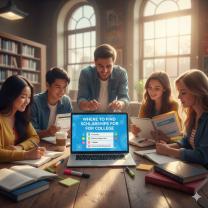What must an educated person know?
An educated person possesses a well-rounded and diverse set of knowledge, skills, and values that enable them to navigate life, contribute to society, and continue learning throughout their lives. While the specific knowledge and skills may vary from one individual to another, there are certain fundamental areas of knowledge and essential skills that an educated person is expected to possess. Here are some key aspects:
Basic Literacy: An educated person should have a strong foundation in reading, writing, and mathematics. This includes the ability to comprehend written materials, express ideas clearly in writing, and perform basic mathematical operations.
Critical Thinking: Critical thinking skills involve the ability to analyze information, evaluate arguments, and make informed decisions. An educated person should be able to think critically and approach problems systematically.
Scientific Literacy: Understanding the basics of science and the scientific method is important. This includes knowledge of fundamental scientific concepts, the ability to evaluate scientific claims, and an awareness of the impact of science and technology on society.
Cultural Awareness: An educated person should have an appreciation for different cultures, histories, and perspectives. This includes an understanding of world history, geography, and an awareness of cultural diversity.
Ethical and Moral Values: Education should foster a sense of ethics and moral values. This includes principles such as honesty, integrity, empathy, and respect for others. An educated person should have a strong moral compass.
Information Literacy: In the age of information, knowing how to find, evaluate, and use information effectively is crucial. This includes digital literacy and the ability to discern reliable sources from unreliable ones.
Communication Skills: Effective communication involves not only reading and writing but also listening and speaking. An educated person should be able to communicate ideas clearly and engage in meaningful dialogues.
Problem Solving: The ability to identify and solve problems is a valuable skill. This includes both practical problem-solving skills and the ability to address complex societal issues.
Financial Literacy: Understanding personal finance, budgeting, saving, and basic economic concepts is important for financial well-being.
Health and Wellness: An educated person should have a basic understanding of health and wellness, including nutrition, exercise, and mental health.
Global Awareness: In an interconnected world, being aware of global issues, international relations, and geopolitical events is important. This includes an understanding of global challenges and opportunities.
Environmental Awareness: An educated person should be environmentally conscious, understanding the importance of sustainability and environmental stewardship.
Civic Engagement: Education should foster civic responsibility and an understanding of the workings of government and democracy. This includes knowledge of one's rights and responsibilities as a citizen.
Creativity and Innovation: Encouraging creativity and the ability to innovate is essential in a rapidly changing world. These skills enable individuals to adapt and contribute to advancements in various fields.
Lifelong Learning: Finally, an educated person should recognize the value of lifelong learning and continue to seek knowledge and personal growth throughout their lives.
It's important to note that education is a lifelong journey, and the specific knowledge and skills a person acquires may vary based on their interests, career, and personal goals. However, the above-mentioned areas represent a broad foundation that can serve as a starting point for an educated individual's pursuit of knowledge and personal development.
The Essentials of Knowledge: What Must an Educated Person Know?
There are many different perspectives on what an educated person should know, but there are some core areas of knowledge that are generally considered essential for an educated person. These include:
- Literacy and numeracy: Literacy and numeracy are the foundation of all other learning. An educated person should be able to read, write, and perform basic mathematical operations with ease.
- Critical thinking and problem-solving skills: An educated person should be able to think critically and solve problems effectively. This includes being able to identify and evaluate information, develop and test hypotheses, and draw logical conclusions.
- Communication skills: An educated person should be able to communicate effectively, both verbally and in writing. This includes being able to express ideas clearly and concisely, and to listen attentively to others.
- Knowledge of the world: An educated person should have a broad knowledge of the world around them. This includes knowledge of history, geography, culture, science, and current events.
- Self-awareness and personal development: An educated person should be self-aware and understand their own strengths and weaknesses. They should also be committed to personal development and lifelong learning.
The Foundation of Education: Core Knowledge for Every Educated Individual
The core knowledge that every educated individual should possess can be divided into several broad categories:
- Humanities and social sciences: This category includes knowledge of history, geography, economics, politics, sociology, and psychology. The humanities and social sciences help us to understand the human experience and the societies in which we live.
- Natural sciences: This category includes knowledge of biology, chemistry, physics, and earth science. The natural sciences help us to understand the physical world around us.
- Mathematics and logic: Mathematics and logic are essential for critical thinking and problem-solving. They also have many applications in science, engineering, and other fields.
- Arts and culture: The arts and culture help us to appreciate the beauty of the world around us and to express ourselves creatively.
Beyond the Basics: Expanding the Horizon of an Educated Mind
In addition to the core knowledge listed above, an educated person should also have a broad range of interests and hobbies. This helps to keep the mind active and engaged, and it also leads to a more well-rounded individual.
Some examples of areas of knowledge that an educated person may want to explore include:
- Foreign languages: Learning a foreign language can help us to understand and appreciate other cultures. It can also open up new opportunities for travel and employment.
- Philosophy and religion: Philosophy and religion can help us to understand the big questions in life, such as the meaning of existence and the nature of reality.
- Technology and engineering: Technology and engineering are rapidly changing the world around us. An educated person should have a basic understanding of how these fields work and how they are impacting society.
Ultimately, what it means to be an educated person is up to each individual to decide. However, the core knowledge and skills listed above provide a solid foundation for lifelong learning and personal growth.
